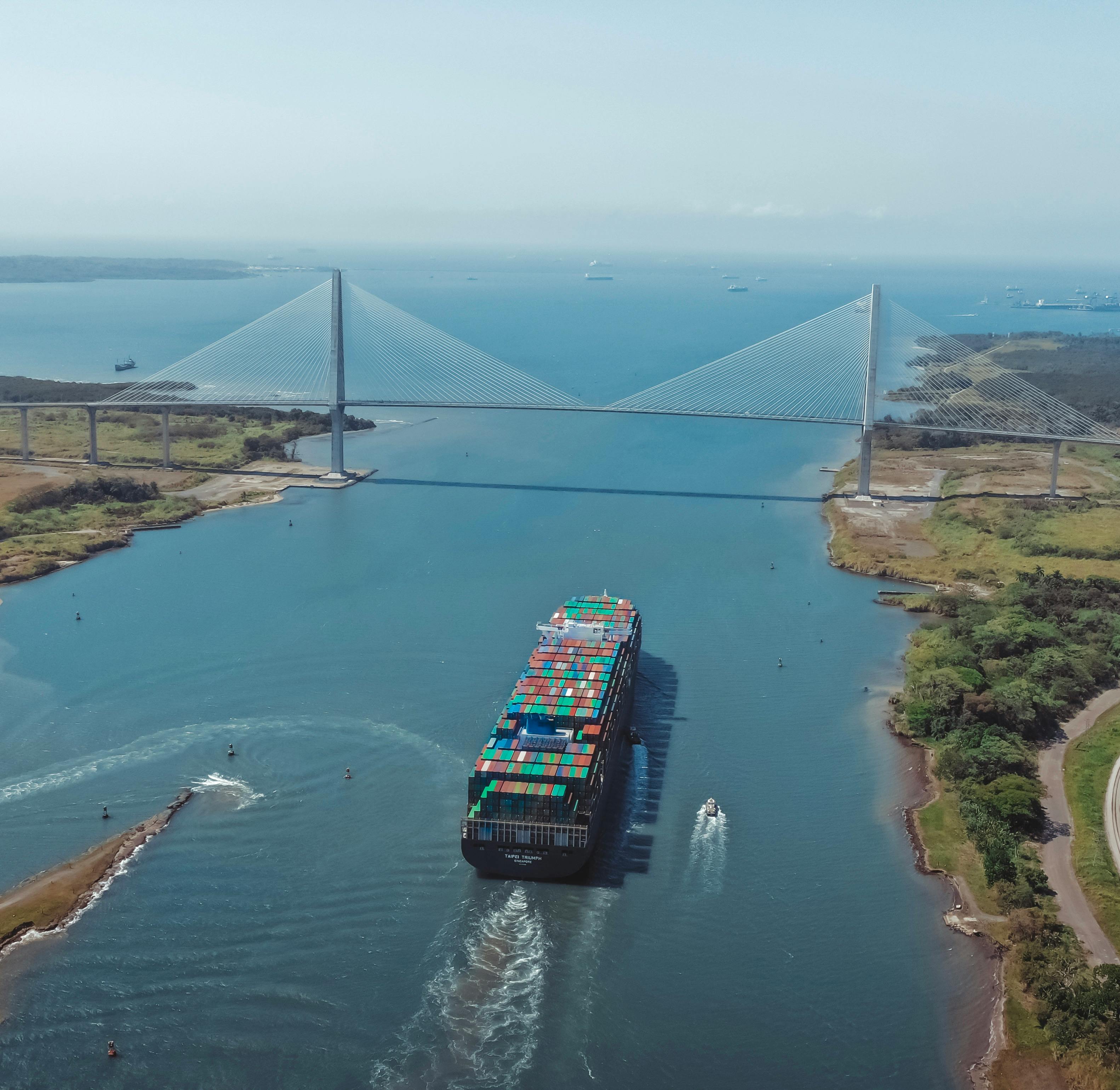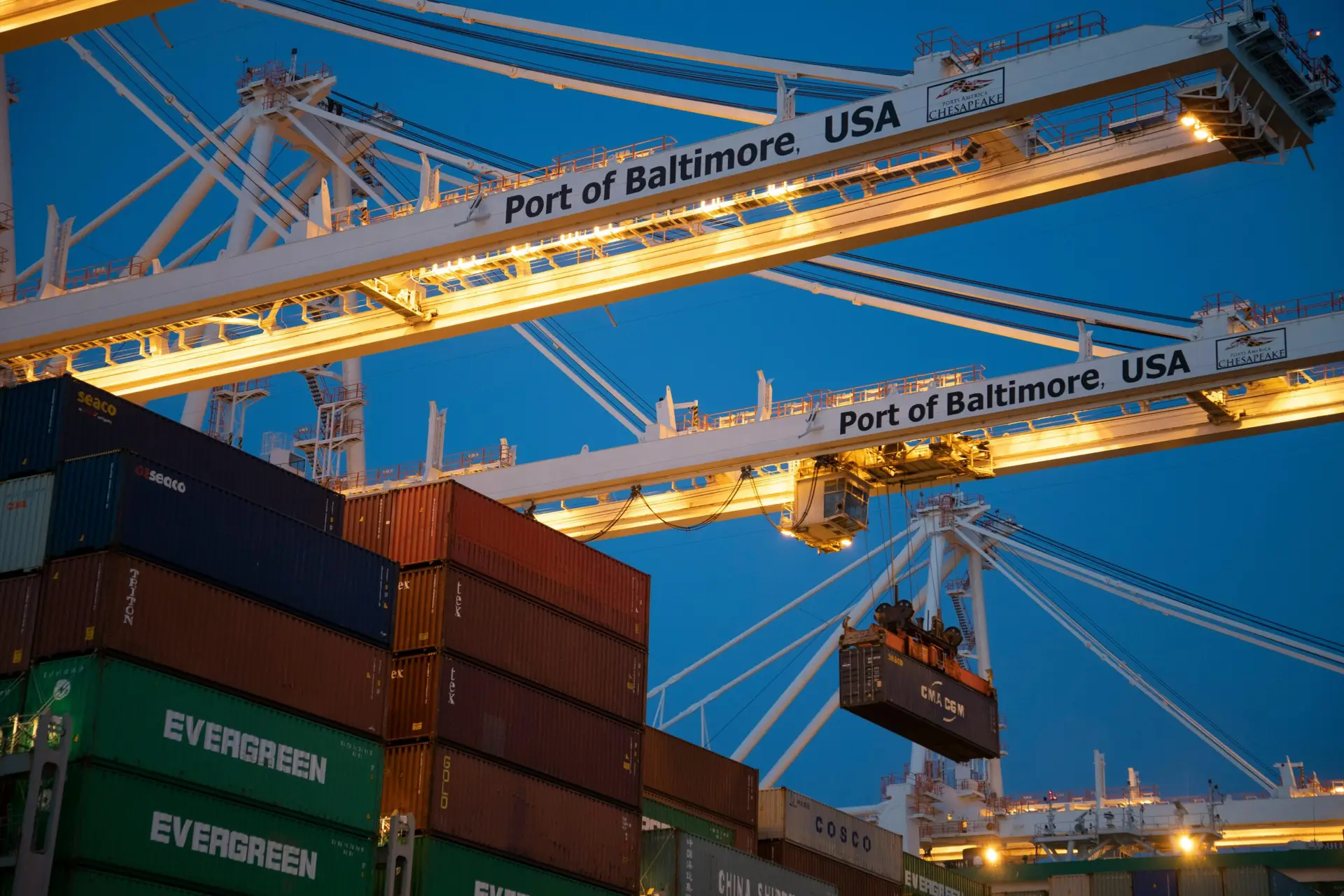In recent years, international trade has undergone significant transformations. Among the most notable changes is the incorporation of sustainable practices into global operations. This evolution not only responds to the growing demand for environmental responsibility but also redefines the criteria for competitiveness in the import and export sector.
Sustainability is no longer a differential; it has become a market requirement. Today, consumers, commercial partners, and even international legislations demand transparency, ethics, and environmental commitment throughout the logistics chain — from production to transportation.
A Global Overview and Opportunities for Brazil
Foreign trade is a fundamental engine of the global economy. Although it has existed for centuries, it was the Industrial Revolution that propelled commercial exchanges on a large scale. Currently, these transactions represent a significant portion of the GDP of various nations: in Germany, for example, foreign trade accounts for 83% of GDP; in Mexico, 78%; in South Korea, 71%; and in France, 63%. In Brazil, this rate hovers around 25%, which demonstrates enormous potential for growth and adaptation to the new demands of the international scenario.
Aligning with sustainable trends means identifying business opportunities with greater added value, improving positioning in the global market, and ensuring resilience in the face of new regulations.
The Impact of Sustainable Production on Trade Relations
Adopting sustainable practices goes beyond environmental responsibility — it's also about adding value to the brand, facilitating access to demanding markets, and avoiding trade barriers. Certified products with clear traceability already occupy privileged spaces on international shelves.
Businesses that ignore this reality risk losing competitiveness. On the other hand, companies that invest in sustainability gain visibility, trust, and easier access to agreements and incentives.
Below, we highlight some of the main sustainable initiatives that have been shaping international trade in recent years — and that should continue to be prominent in 2025 and beyond:
1. Sustainable Certifications and Standards
• Certifications such as FSC (Forest Stewardship Council), Fair Trade, ISO 14001, and others have become essential criteria for entry into many markets. They validate the company's social and environmental commitment and increase credibility with buyers and partners.
2. Circular Economy
• Reusing, recycling, and reducing material waste are pillars of the circular economy, an approach that is being incorporated into global supply chains. The focus is on extending the life cycle of products and inputs, reducing impacts and operational costs.
3. Low-Impact Transportation and Logistics
• The transition to cleaner logistics modes is one of the great challenges — and opportunities — of the sector. Initiatives such as electric fleets, route optimization, and the use of alternative fuels are on the rise to minimize carbon emissions.
4. Ethical and Fair Trade
• Ensuring decent working conditions throughout the supply chain has become a basic requirement in many international agreements. Respect for human rights and fair labor is directly linked to the reputation and acceptance of products abroad.
5. Sustainable Packaging
• Reducing the use of plastic, investing in recyclable materials, and developing biodegradable packaging are actions that meet consumer demands and help reduce the environmental impact of the export and import sector.
6. Technology Serving Sustainability
• Tools such as blockchain, IoT, and big data are being used to track the origin of products, monitor environmental impacts, and make processes more efficient, reducing waste and improving operational control.
7. Sustainable E-commerce
• With the growth of international e-commerce, the need arises to review the entire operation — from product selection to the delivery model — with a focus on lower environmental impact. Solutions such as smart packaging and reverse logistics are gaining prominence.
8. Renewable Energy
• Global companies have been investing in clean energy sources, such as solar and wind, for both production and storage and logistics. This choice contributes to reducing the carbon footprint and can generate medium- and long-term savings.
9. Transparency in the Supply Chain
• Today, more than ever, consumers want to know where what they consume comes from. Companies that offer clear and verifiable information about their production chain gain a competitive advantage and win the trust of demanding markets.
10. Adaptation to New Norms and Laws
• Several countries are tightening their environmental and social responsibility laws. Compliance with these requirements is already mandatory for exporting to many markets. Staying updated with these regulations is essential to avoid sanctions and take advantage of incentives.
Conclusion
Sustainability in foreign trade has ceased to be a trend and has become a strategic imperative. Import and export companies that see this as an opportunity and not as an obstacle will be at the forefront of the race for relevance and longevity in international business.
Adapting now is investing in the future — a greener, fairer, and more competitive one.
Avoid mistakes when importing!
Having a specialized import consultancy can save you from many future risks. See what Genco Import & Export can do for you:
- Sourcing your product to find the best value for your product.
- Simulating all costs before you embark on this journey.
- Negotiating values with suppliers, freight forwarders, and customs brokers.
- Unifying all documents. Less headache for you!
- Closing the exchange rate for your process.
- Conducting inspections and issuing complete reports for your follow-up.
And much more!
Count on Genco for the best advisory for your imports.
Contact us and learn more about our services!




